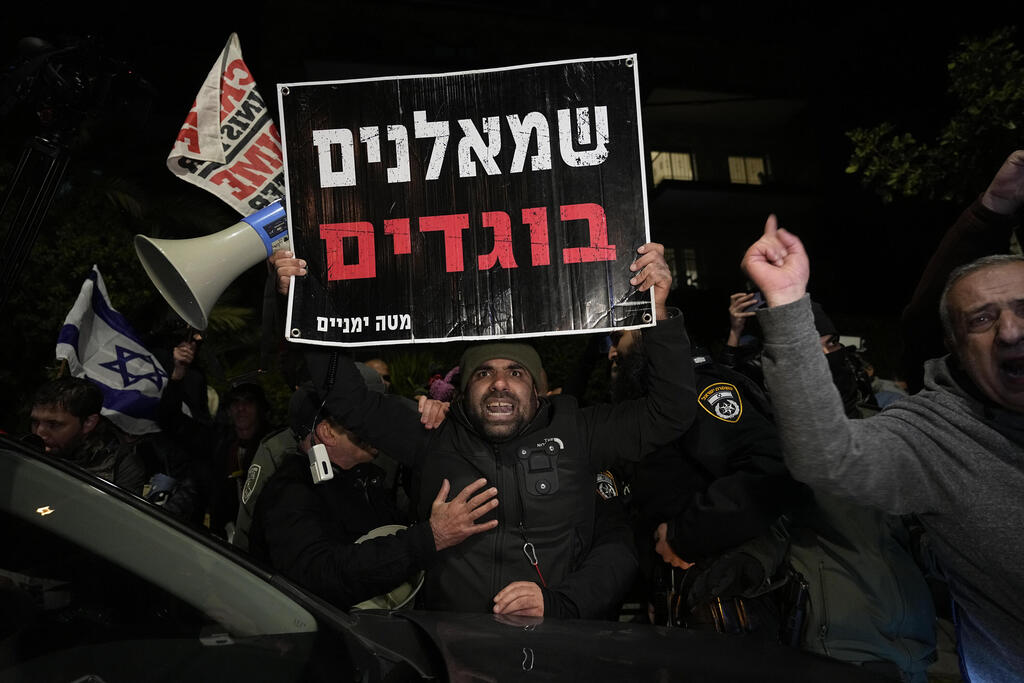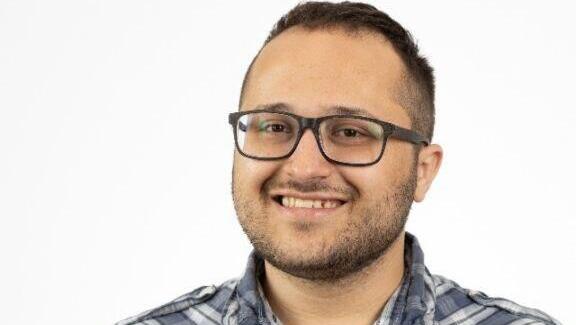Getting your Trinity Audio player ready...
My political views are deeply influenced by my immediate family circle. For instance, my grandfather Menashe Mizrahi, a former IDF fighter, played a part in the bombing of the King David Hotel and Altalena affair. My grandmother Jacqueline Mizrahi had to escape from Tunisia with her father after they were caught smuggling Jews to Israel.
On the other side, my grandfather, Meir Chizik, whom I never had the chance to meet, arrived in Israel with my grandmother Duvka on one of the early ships in 1934, and together they built a home here. These personal family stories have significantly shaped my identity and formed my political, social and cultural outlook.
My connection to Zionism runs deep, intertwined with my love for this land. The thought of the inevitable hardships and challenges this country will face in the coming years is heart-wrenching. While I'm not entirely convinced that the Zionist dream is extinguished, the recent passage of the first slice in the judicial overhaul cake marks a significant and distressing setback. This sentiment is not just mine but shared by a substantial portion, around 30%-40%, of the public.
Given the current situation, the calls for unity seem insincere at best and pathetic at worst. It's like someone causing harm and then trying to make amends with empty apologies. Genuine unity requires actions that promote harmony and understanding, not benefiting oneself at the expense of others or engaging in insincere conversations. Building a peaceful home necessitates working together, not creating further divisions.
From the perspective of the liberal side, the appeal to discourse may seem lacking in self-respect. How can they engage in meaningful dialogue with those who, just yesterday, incited violence against demonstrators? How can they converse with individuals suspected of vehicular attacks or those who attacked peaceful individuals expressing their identity?
Conversing with those who hold hateful signs and curse "traitorous leftists" seems futile, and let's disregard for a minute the fact that objection to the judicial overhaul has nothing to do with being a "lefty" to begin with.
We must acknowledge that we are currently living in an era of polarization. The notion of being a "brotherly people" is becoming more challenging to sustain. People who claim to be my brother cannot impose their own views on my human rights or turn a blind eye to violence directed toward me. We share a rich cultural history, but significant differences have emerged. In fact, we seem to have split into two or three distinct groups, each with profound disparities, opposing ideals and conflicting perspectives.
The ideal of a unified society based on a "melting pot" may not be achievable, and perhaps it is time to embrace our differences and acknowledge our diverse identities. By acknowledging the gap and understanding who we truly are, we can accept our positions without fear of judgment from others. This self-awareness can help us determine where we stand in history and what values we truly want to uphold. Embracing our uniqueness, rather than exerting an unnecessary amount of effort to cultivate artificial similarities, may lead us to a more authentic and inclusive society.
The recent events have not only created a divide between liberals and conservatives within Israel but also between the state and the majority of Jews in the Diaspora. The majority of Jews in the Diaspora hold liberal values – advocating justice, equality, and freedom, rather than embracing autocracy and the tyranny of the majority. Numerous polls within Diaspora Jewry support this perspective. Unfortunately, considering the direction this coalition is taking us toward, this divide is likely to further widen in the future.
Ofer Chizik is a Yediot Ahronoth journalist, a rabbinical student and researches the history of religion in Israel



